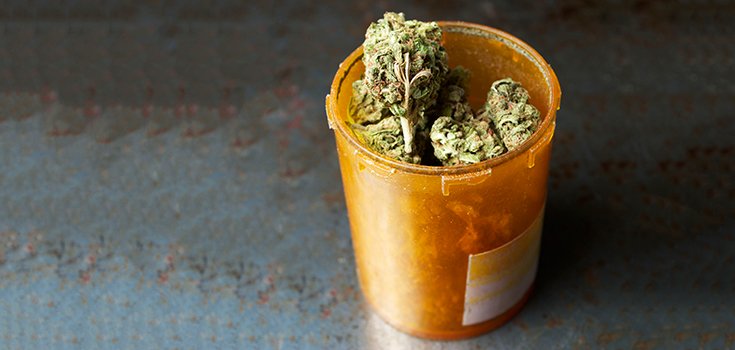Cannabis Compound Found to Help Rare forms of Epilepsy

Researchers are continuously finding that an oil derived from the cannabis plant is actually incredibly effective in treating and controlling a rare form of epilepsy. Since an estimated 30,000 Americans live with the particular form of this disease, this relatively recent discovery brings new hope to tens of thousands of people in helping them to regain control of their lives.
In light of these discoveries, pharmaceutical companies have taken action in creating a pharmaceutical drug derived from the cannabis oil. The drug has been produced at GW Pharmaceuticals, which is based in London. It contains a high dose of cannabidiol, which is found within marijuana plants.
Those worried about getting high while taking the drug, which will be called Epidiolex, should be aware that it only contains a very small amount of tetrahydrocannabinol, or THC. This is the compound that makes people feel “high” from smoking marijuana.
The drug targets a rare form of epilepsy known as Lennox-Gastaut syndrome (LGS), which usually begins around ages 3-5 in children. It will be safe to give to kids, as the compounds which make drug users feel the “high” is only present in trace amounts.
Those with Lennox-Gastaut syndrome have on average 74 seizures that result in falling on the floor each month. Patients in the trial were tested against a control group receiving a placebo. Those who took the actual medication found their seizures reduced by 44 percent, while those in the placebo group found their seizures reduced by 22 percent.
After announcing the triumph of this new medication, stocks in the company went up nearly 21 percent in the United Kingdom and 17 percent in the United States.
Epidiolex has also been proven to be effective in controlling Dravet syndrome, a rare form of epilepsy that only 6,000 children in the United States currently live with. After this announcement, stocks soared again, this time by 120 percent of their original share.
During the study, several patients had adverse side effects, which resulted in twelve participants discontinuing the medication due to being unable to cope with them. These side effects included mostly gastrointestinal issues like vomiting, diarrhea, and a decreased appetite. In a few cases, excessive sleepiness also occurred.
Contingent on another study of Lennox-Gastaut syndrome, the drug should be approved by the Food and Drug Administration (FDA) by the first half of 2017.
Sources:

August 18, 2015 Why Big Pharma hates legalized marijuana; painkillers, chemotherapy and psych drugs could be made obsolete
When certain politicians and so-called health experts bellyache over the legalization of cannabis, it’s not because they’re worried about the children. It’s because cannabis is arguably the safest and most widely effective natural medicinal herb in existence, and its widespread acceptance would immediately render obsolete the gamut of pharmaceuticals that make the establishment drug barons (and their bought-and-paid-for lackeys in Congress) filthy rich.
On Oct. 7, 2003, the US government issued Patent No. 6,630,507.
Actor Michael J. Fox and many millions of other Americans — my dear late wife, Tricia, included — could have gotten very excited about this development back then. But it was, apparently, not the sort of thing Washington wanted advertised.
Patent No. 6,630,507, you see, is for cannabinoids as antioxidants and neuroprotectants. Most people would simply refer to this as medical marijuana. Who got that patent? The US government gave this patent to itself. Just so you understand me, this is the same US government that has been fighting the use of marijuana as a drug. Yet its own scientists were claiming a decade ago that marijuana had been effective against a number of diseases.
Beneficial effects of cannabis as a medicine were well known in Western countries in he 19th Century, where it was a staple crop.
Why do we have to keep on reinventing the Cannabis wheel to satisfy elected politicians, who are replaced every few years, anyway?